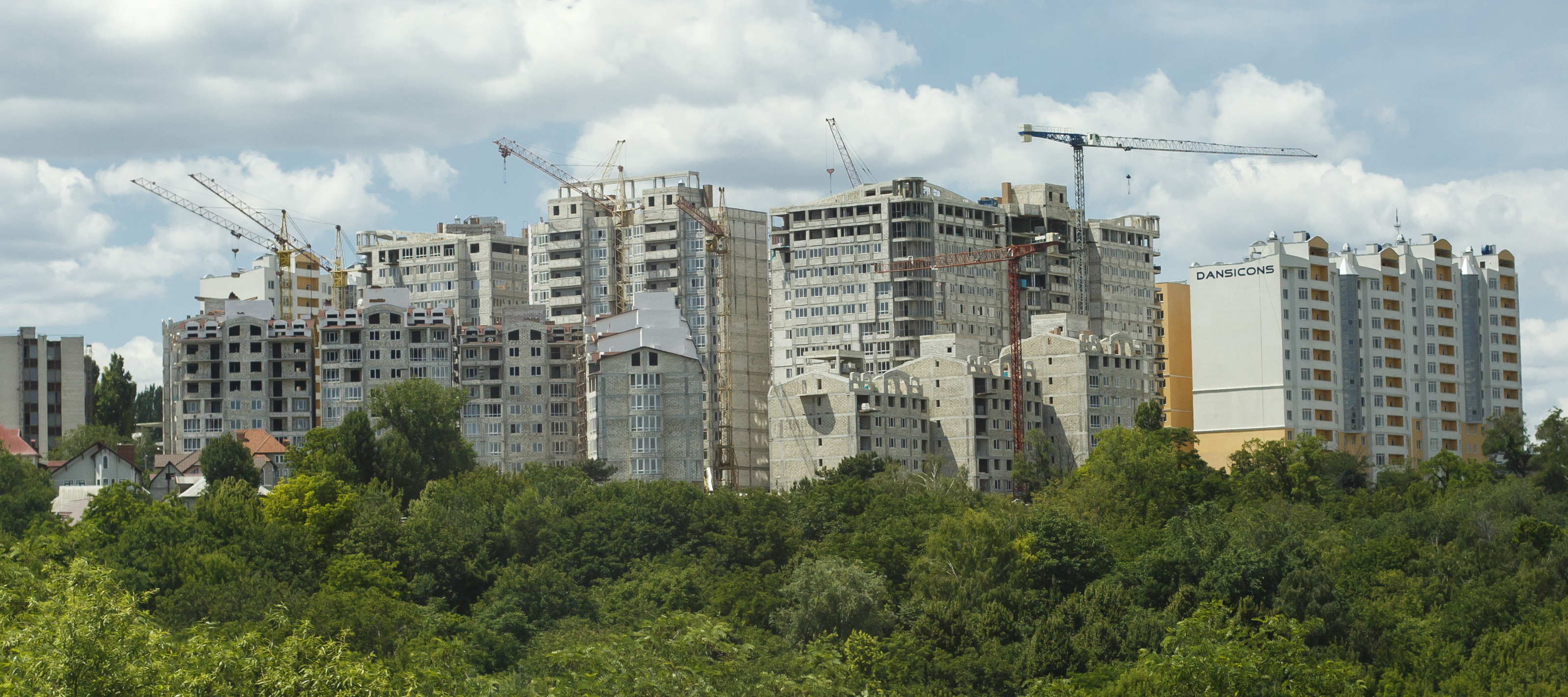Economic situation Potential as a production location
The attraction for potential investors is based on the relatively low level of taxes, operating costs and wages, especially in the IT sector. Moreover, many people in Moldova speak English, Russian or German in addition to the country’s official language, Romanian.
The economy is also held back by the high number of skilled workers leaving the country (see also: social situation) and widespread corruption. Since the beginning of Russia’s war of aggression against Ukraine in 2022, foreign investors have been reluctant to invest. The IT sector is an exception because it can, for the most part, operate from any location. And so the country’s government is making efforts to attract investors from this sector.
Significant progress has been made in terms of energy supply. With the help of international partners Moldova’s full dependence on gas imports from Russia has been ended. The country’s integration into European energy markets and the expansion of renewable energies is being pushed forward, for instance by building transmission lines to Romania.
Need for further support is high because of war on Ukraine and droughts
The Moldovan economy is under enormous pressure. The agricultural sector employs more than half of the working population. There is little technology involved and the sector was hit hard in 2020 and 2022 by severe drought.
In the crisis year of 2022, Moldova’s gross domestic product (GDP) fell by five per cent. At the same time, inflation soared to 30 per cent. In 2023, the agricultural sector recovered, yet overall economic growth was a mere 0.8 per cent. The International Monetary Fund (IMF) estimates GDP-growth of 2.6 per cent for 2024. A low level of government revenue means that Moldova will remain dependent on international support.
Hopes pinned on the EU
In order to kick-start the economy, the government wants to provide support programmes, in particular for small and medium-sized enterprises (SMEs). With more than 90 per cent of the companies in the country being SMEs, they are the backbone of the Moldovan economy. In addition, the government wants to align vocational education and training more with the needs of the labour market, modernise the infrastructure that was long neglected and transform the economy to set it on a climate-friendly pathway.
The country’s increasing alignment with the European Union is raising hopes for renewed economic growth and additional international support. EU accession, however, depends on how quickly Moldova will implement reforms and whether the country will continue its pro-European course in the medium term.
As at: 26/07/2024
